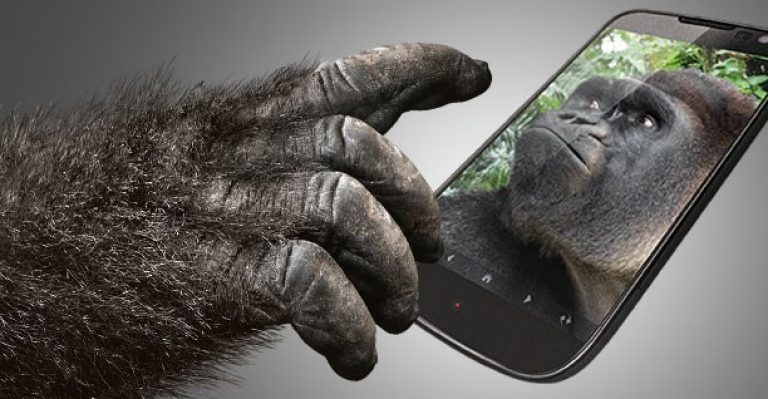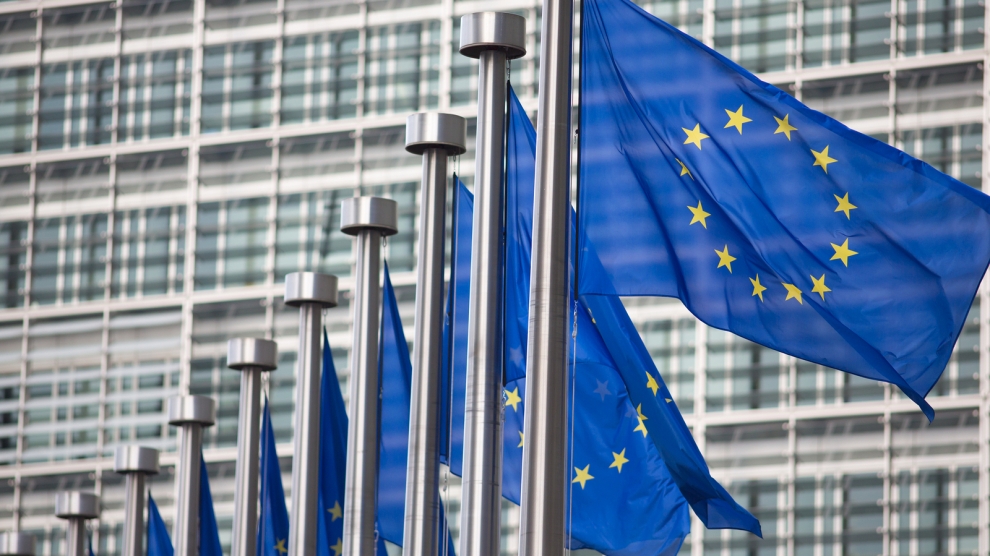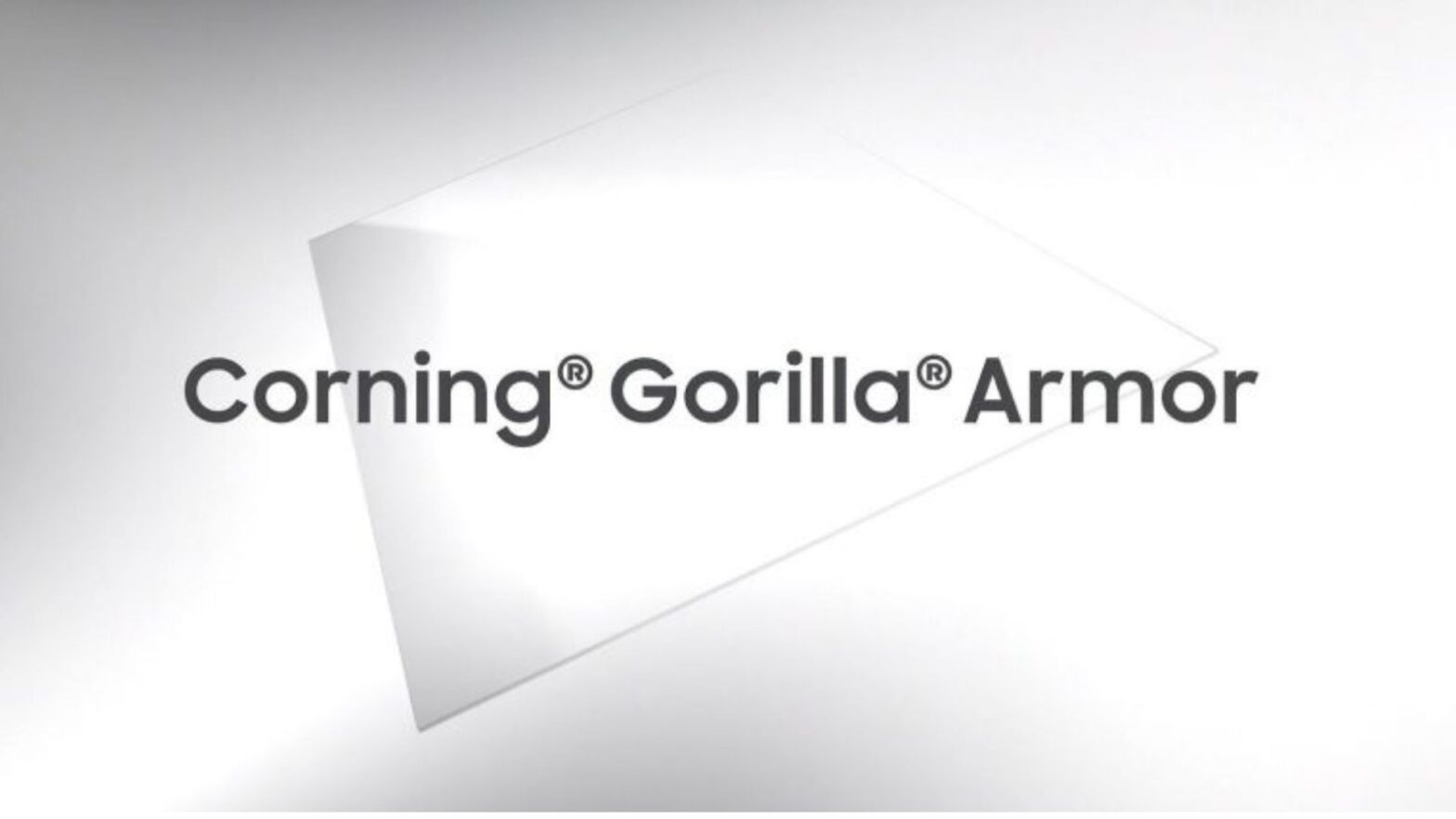The European Union has opened a formal antitrust investigation into Corning Inc., a dominant U.S. manufacturer specializing in toughened glass technology for mobile devices. The probe, launched Wednesday, examines whether Corning has leveraged exclusive contracts with smartphone manufacturers to stifle competition and maintain a monopoly on its widely used Gorilla Glass product line. The EU is concerned these practices might lead to inflated prices, reduced innovation, and limited choices for consumers.
Corning’s Hold on the Smartphone Glass Market

Corning’s Gorilla Glass is a staple in many smartphones worldwide, renowned for its resilience and scratch resistance. The company has built longstanding relationships with major tech players, particularly Apple, which has invested nearly half a billion dollars into Corning through its Advanced Manufacturing Fund. This partnership has led to innovations like Ceramic Shield, an ultra-durable screen material featured on iPhones. However, the EU’s probe puts this exclusive relationship under scrutiny, as the contracts between Corning and Apple could limit access to rival glass producers, thus reducing competition and consumer choice.
The investigation is rooted in concerns that Corning’s agreements with mobile device manufacturers, known as original equipment manufacturers (OEMs), require these companies to source most or all of their glass exclusively from Corning. This exclusivity may have effectively locked out competing glass suppliers, leading the European Commission to investigate if such practices harm the market. According to TechCrunch, the Commission’s concerns extend to contracts between Corning and glass finishers, potentially affecting the entire production chain for toughened glass screens.
Alleged Anti-Competitive Tactics

According to sources close to the matter, Corning allegedly employs several strategies to maintain its market hold. First, it reportedly requires smartphone makers to inform Corning if they receive competing offers from other glass suppliers, giving Corning the option to match these offers and retain the contract. This “price matching” approach could make it difficult for competitors to gain a foothold. Furthermore, manufacturers who comply with Corning’s exclusivity requirements may receive significant rebates, adding a financial incentive to remain loyal to Corning.
Corning’s exclusive contracts reportedly extend to finishers—companies that process raw glass—limiting their ability to source glass from other suppliers or contest Corning’s patents. The EU is investigating whether these practices create barriers that prevent alternative suppliers from gaining ground in the European market. If the Commission finds these practices anti-competitive, Corning could face a fine of up to 10% of its global revenue and may be required to modify its business practices.
Possible Outcomes and Implications
If Corning is found to have violated EU antitrust laws, it could face substantial financial penalties and possibly be required to adjust or terminate its exclusivity contracts. This could reshape the market for protective smartphone glass and create opportunities for competitors to enter the market. Companies like Samsung and LG, who are also in the specialty glass market, could benefit from a more level playing field, potentially fostering greater competition and innovation in materials technology.
For Apple and other major tech firms reliant on Gorilla Glass, this investigation could have significant supply chain implications. If Corning’s business model is disrupted, it may lead these companies to explore alternative suppliers or even push Corning to innovate further to stay competitive without relying on exclusive contracts.
The European Commission’s probe is ongoing, and there is no set timeline for a conclusion. This investigation marks a significant step in the EU’s efforts to enforce fair competition practices in the tech industry, ensuring that innovation and consumer choice are not hindered by monopolistic practices.















